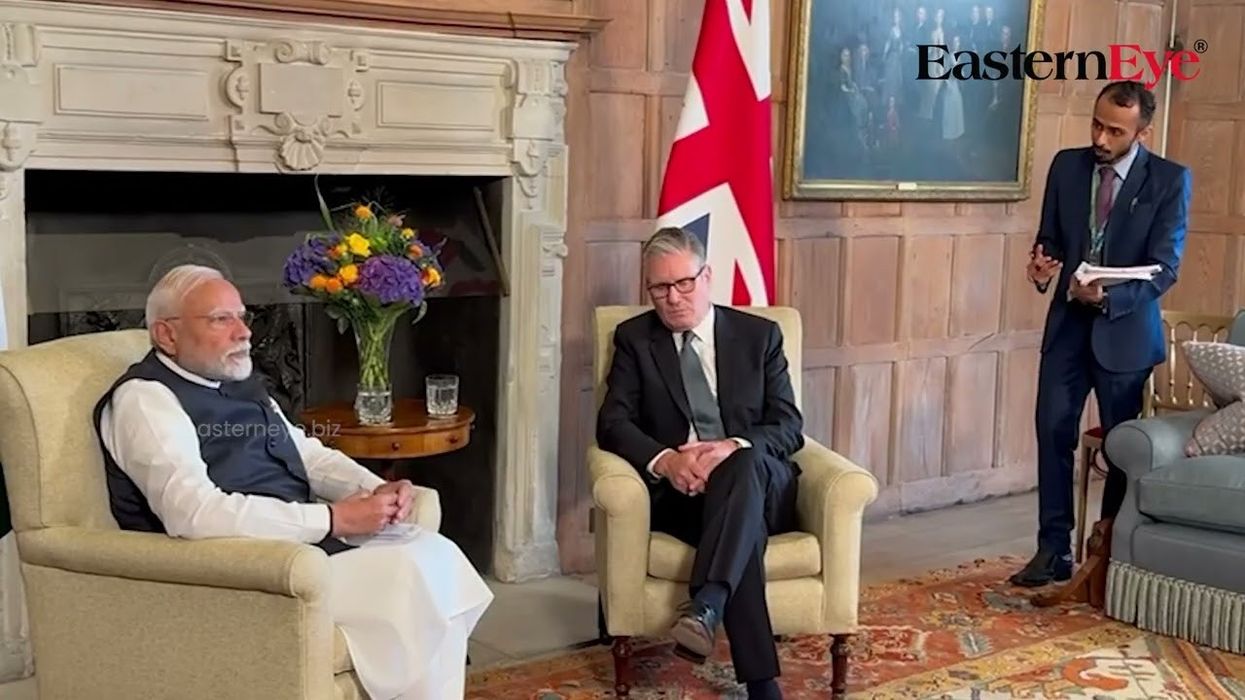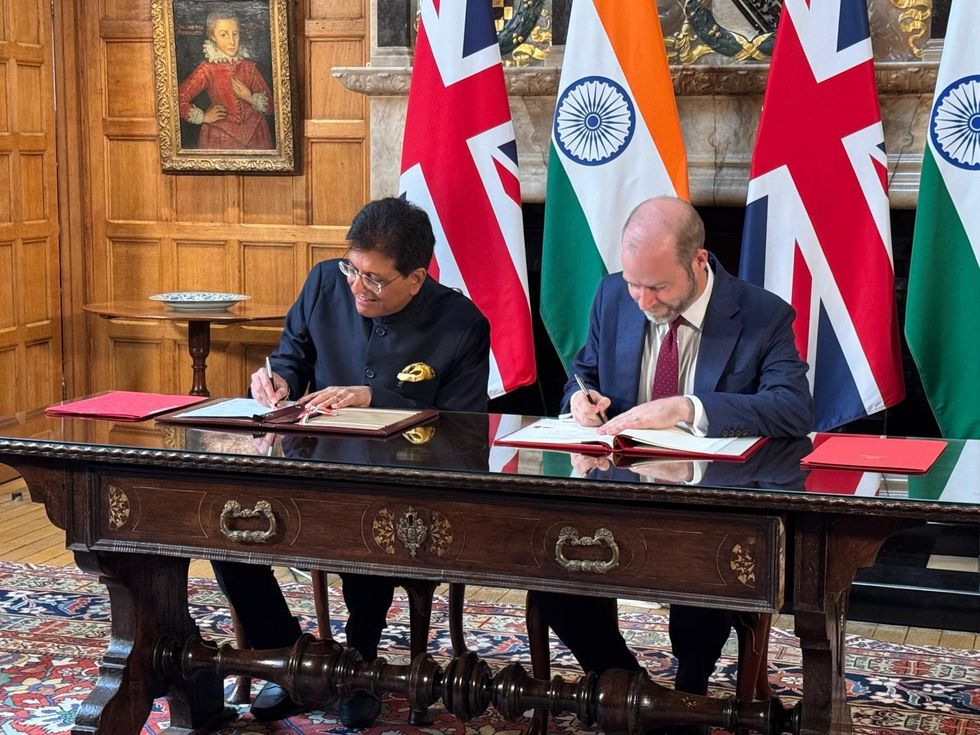India has banned the import of a rabies vaccine from a Chinese manufacturer embroiled in a safety scandal, the head of India's drug regulator told a newspaper in comments published on Wednesday (1).
"The vaccine is being used in India, but we don't have the exact details of the total number of units imported or where they have been distributed," S. Eswara Reddy told the Hindustan Times daily.
"I have asked my staff to prepare a detailed information report on its import and distribution," he was quoted as saying in the interview.
"Once we get the information, we will ask for a recall of the vaccine from market. But until then, there is a blanket ban on its import."
Rabies kills an estimated 20,000 people in India every year, according to the government's National Rabies Control Programme.
China's latest product-safety scare emerged more than a week ago with news that Changchun Changsheng Biotechnology had fabricated records and was ordered to cease production of rabies vaccines.
The Chinese government, which has also announced nationwide inspections of vaccine production sites, has said the problematic vaccine did not leave Changsheng's factory and was not put up for sale.
Changsheng's vaccine for diphtheria, pertussis and tetanus (DPT) had also failed to meet quality standards, but 250,000 doses were nonetheless sold last year.
China is regularly hit by scandals involving unsafe food, drugs or other products despite repeated official promises to root out the corruption and shoddy manufacturing that is usually blamed.





 India and UK Sign Historic Free Trade Agreement During Modi’s Visitgetty images
India and UK Sign Historic Free Trade Agreement During Modi’s Visitgetty images











